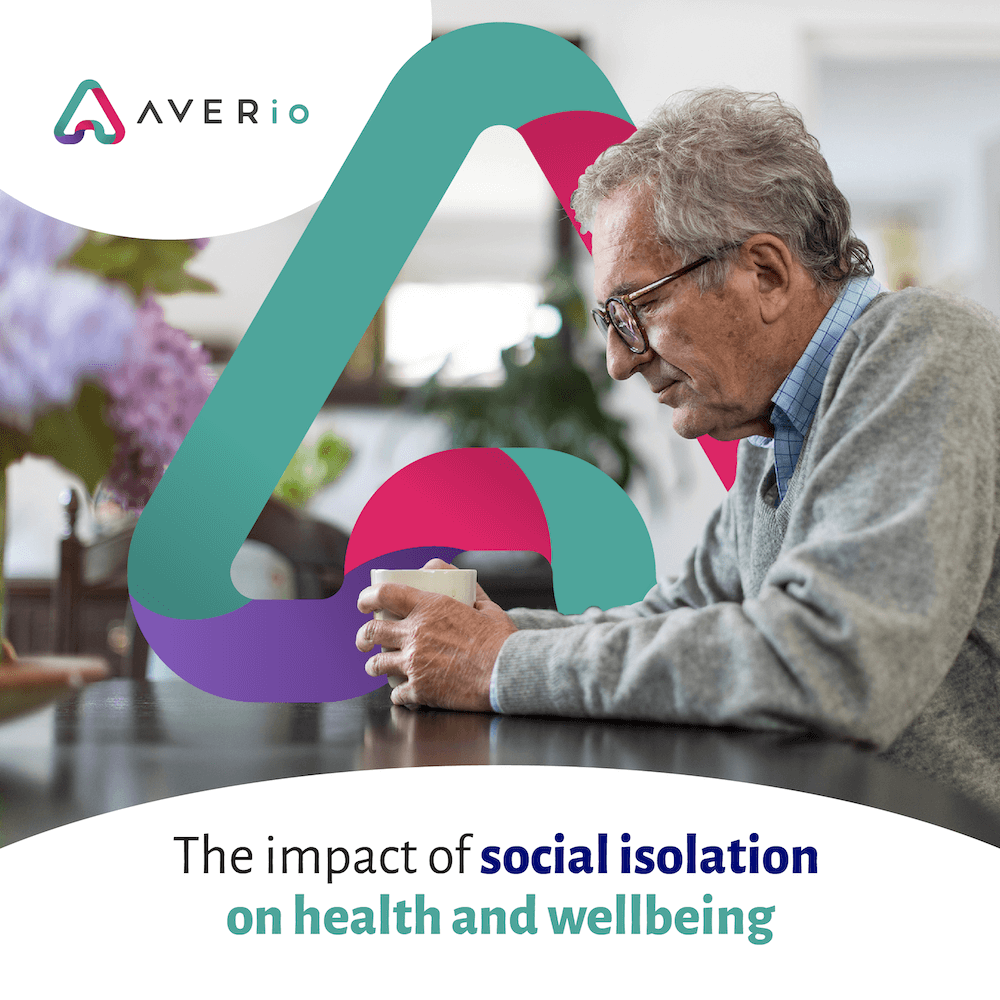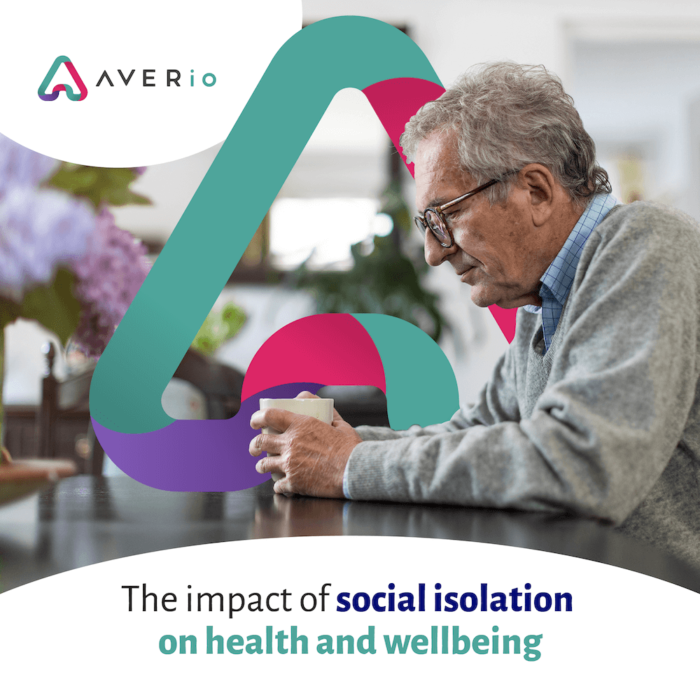
The COVID-19 pandemic has only served to emphasise the effects of social isolation on older people, a problem that has been increasing in the health and social care sector for some time. Lack of social interaction with one’s family, friends, or community is known as social isolation, and it can have a significant negative impact on one’s health and wellbeing, especially in older people.
Social isolation has a serious negative effect on one’s bodily well-being. Studies have demonstrated that social isolation can raise the chance of developing chronic conditions like diabetes, heart disease, and stroke. Additionally, it may result in higher obesity rates and lower levels of physical exercise. A person’s immune system may become weakened by social seclusion, increasing their susceptibility to infections.
It is equally alarming how social seclusion affects mental health. A recognised risk factor for depression, anxiety, and other mental health disorders is social isolation. Lack of social contact can cause feelings of isolation and loneliness, which are bad for mental health. Dementia and cognitive decline are also more likely in older people who are socially isolated.
Quality of living can also be significantly impacted. A diminished sense of meaning or purpose in life may be experienced by older people who are socially isolated. They might also have trouble getting to resources like social assistance, transportation, and healthcare.
The COVID-19 pandemic has brought social isolation’s effects on older people in particular to light. It has become more challenging for older people to maintain social connections with family and friends as a result of lockdowns and social isolation measures. This has significantly impacted mental health and raised feelings of loneliness and isolation.
There are several methods that can be employed to combat older people’s this. One strategy is to encourage social ties through neighbourhood-based initiatives like community centers, social clubs, and volunteer groups. Access to tools and services, as well as chances for social engagement, can be made available by these programmes.
Technology can also be used to combat older people’s social isolation. Telehealth services, for instance, can offer virtual doctor appointments, lowering the need for in-person visits and enhancing patient access to treatment. Platforms for video chat can also help maintain social ties between elderly people and their loved ones, especially when in-person meetings are not an option.
Finally, social workers and healthcare professionals can be vital in addressing older people’s social isolation. Patients can be assessed for social isolation by their carers, and if necessary, recommendations to community-based services or programmes can be made. Additionally, they can inform patients about the value of relationships and assist them in creating plans for preserving relationships and continuing to participate in their communities.
In conclusion, social isolation, especially among older people, is a major issue in the health and social care sector. Quality of life, as well as physical and emotional health, can be significantly impacted by social isolation. To combat social isolation among older people and enhance their general health and wellbeing, strategies like community-based programs, technology, and healthcare provider interventions can be used. Healthcare professionals and social workers should be aware of the effects social isolation has on their patients and take proactive measures to address this problem in a thorough and caring way.
Related Articles

Empowering Next of Kin: Technology’s Role in the NHS and Social Care.
In the National Health Service (NHS) and social care sectors of the United Kingdom, next of kin play an important role in supporting their loved ones’ well-being and care needs. Historically, this responsibility has been fraught with issues such as

Promoting Independence for Older People
As the population ages, the National Health Service (NHS) and the social care sector have become more aware of the importance of promoting independence for older people. Encouraging older people to keep their autonomy and self-sufficiency improves their quality of

Harnessing Technology to Prevent Falls: Advances in the UK NHS and Social Care
Falls among the elderly are a big concern for the UK’s National Health Service (NHS) and social care sector. Falls can have significant repercussions, including injuries, hospitalisations, and a decline in overall health and independence. However, technological breakthroughs provide intriguing

Overcoming the Digital Divide in Healthcare Access
The digital gap, defined as discrepancies in access to and use of digital technology, is a major topic in healthcare. Access to healthcare services and information in today’s digital era frequently relies on digital technologies and platforms. However, not everyone

How Connected Care and Remote Monitoring Are Changing the Face of Healthcare
With the introduction of telemedicine and remote monitoring technology, the healthcare environment is undergoing a revolutionary transformation. These cutting-edge solutions are transforming healthcare delivery, making it more accessible, easy, and efficient. In this post, we will look at how connected

Ensuring Data Security and Privacy in Health Tech Solutions
The widespread adoption of health-tech solutions such as electronic health records (EHRs), telehealth platforms, and wearable gadgets has proclaimed a new era in healthcare. While these advancements have many advantages, they also pose serious issues about data security and individual

